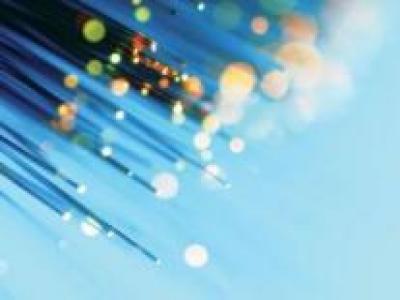-
Tips for becoming a good boxer - November 6, 2020
-
7 expert tips for making your hens night a memorable one - November 6, 2020
-
5 reasons to host your Christmas party on a cruise boat - November 6, 2020
-
What to do when you’re charged with a crime - November 6, 2020
-
Should you get one or multiple dogs? Here’s all you need to know - November 3, 2020
-
A Guide: How to Build Your Very Own Magic Mirror - February 14, 2019
-
Our Top Inspirational Baseball Stars - November 24, 2018
-
Five Tech Tools That Will Help You Turn Your Blog into a Business - November 24, 2018
-
How to Indulge on Vacation without Expanding Your Waist - November 9, 2018
-
5 Strategies for Businesses to Appeal to Today’s Increasingly Mobile-Crazed Customers - November 9, 2018
North America is out of new IPv4 addresses
This announcement affects only North America, and other regions of the globe still have a reserve of IPv4 addresses at their disposal, with the biggest pool belonging to Africa. An IP address is written in dotted decimal, which is four sets of numbers separated by a period, Here, each set represents an 8-bit number ranging from (0-255). However, getting Internet service providers and equipment manufacturers to switch over to the current IPv6 protocol has been a slow process. IANA had issued its last IPv4 address blocks to the RIRs’ free pools back on February 3, 2011, per ARIN’s timeline. While IPv4 looked like this 123.216.178.90, the new IPv6 looks like a jumble of random text, more like a cryptographic key, 2001:db8:0:0:0:ff00:42:8329.
Advertisement
“The exhaustion of the free IPv4 pool was inevitable given the Internet’s exponential growth”, said John Curran, ARIN’s President and CEO.
ARIN is the first NRO (Number Resource Organization) member to reach zero IPv4 addresses, and September 24 will now be the official date when the Internet started moving to IPv6. However, ARIN must follow specific rules on the day when it runs out of IPv4 addresses.
ARIN now must now allocate IPv4 addresses into a “single, continuous range of addresses”, according to its IPv4 Depletion FAQ. Those companies who have been approved requests for IPv4 addresses, but haven’t received them yet, are being put on a waiting list that will be fulfilled by future revocations or returns from other organisations. Essentially, under this scheme, an organization agrees to transfer a block of IPv4 addresses to another organization, which gets facilitated via the ARIN Online site.
Advertisement
What seemed to be an inexhaustible supply of something has apparently run out, and I am not talking about fresh water or fossil fuel (it would be interesting to see how the world copes when either one of the two are no more), but rather something not that essential to life – IPv4 addresses. Using IPv6, it would be possible to give every grain of sand on the planet, and another few hundred billion planets aside, its own individual IP address – doing away with awkward address-space extension schemes like Network Address Translation (NAT) once and for all.




























